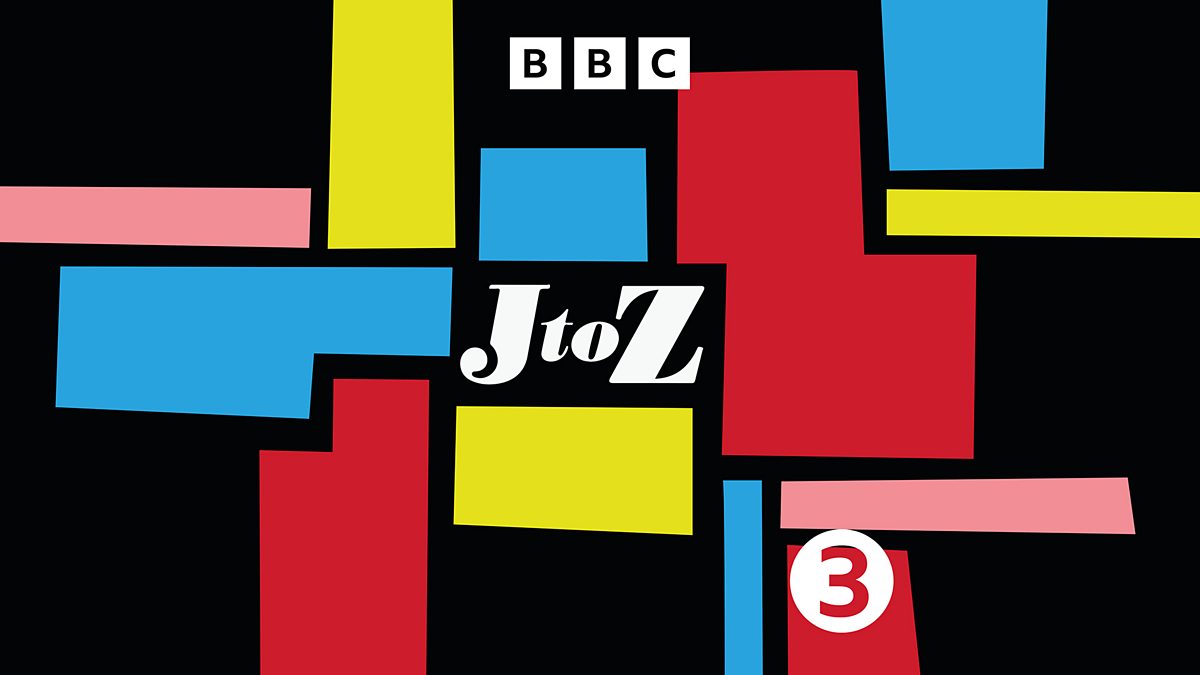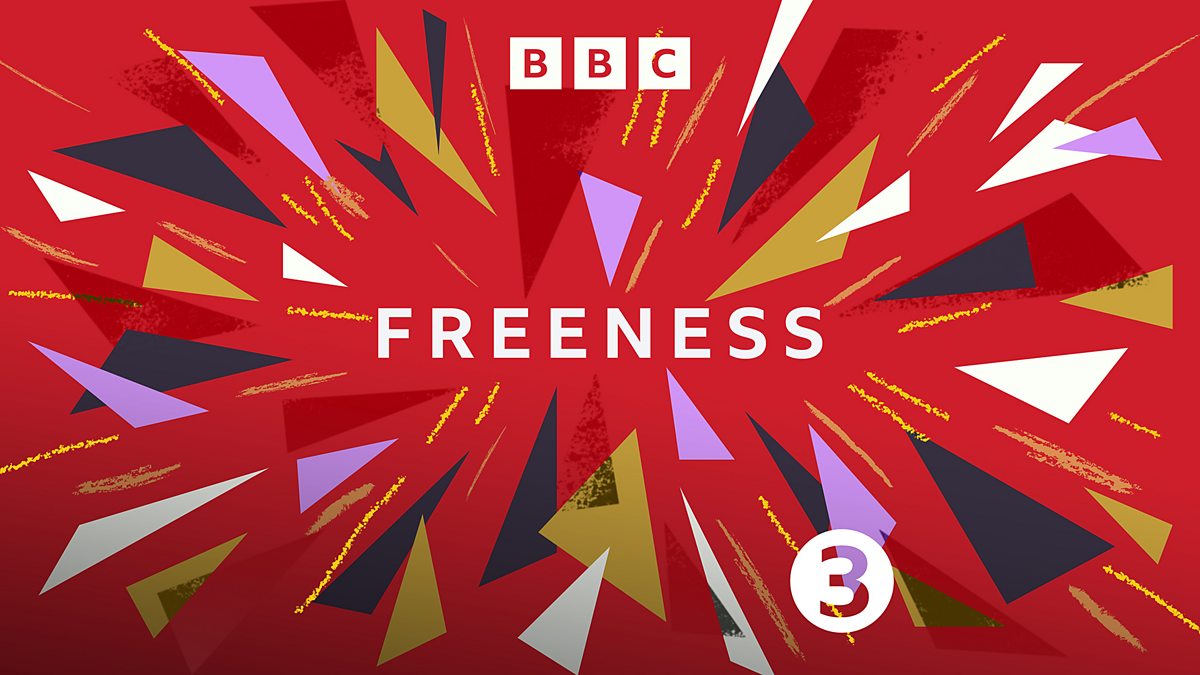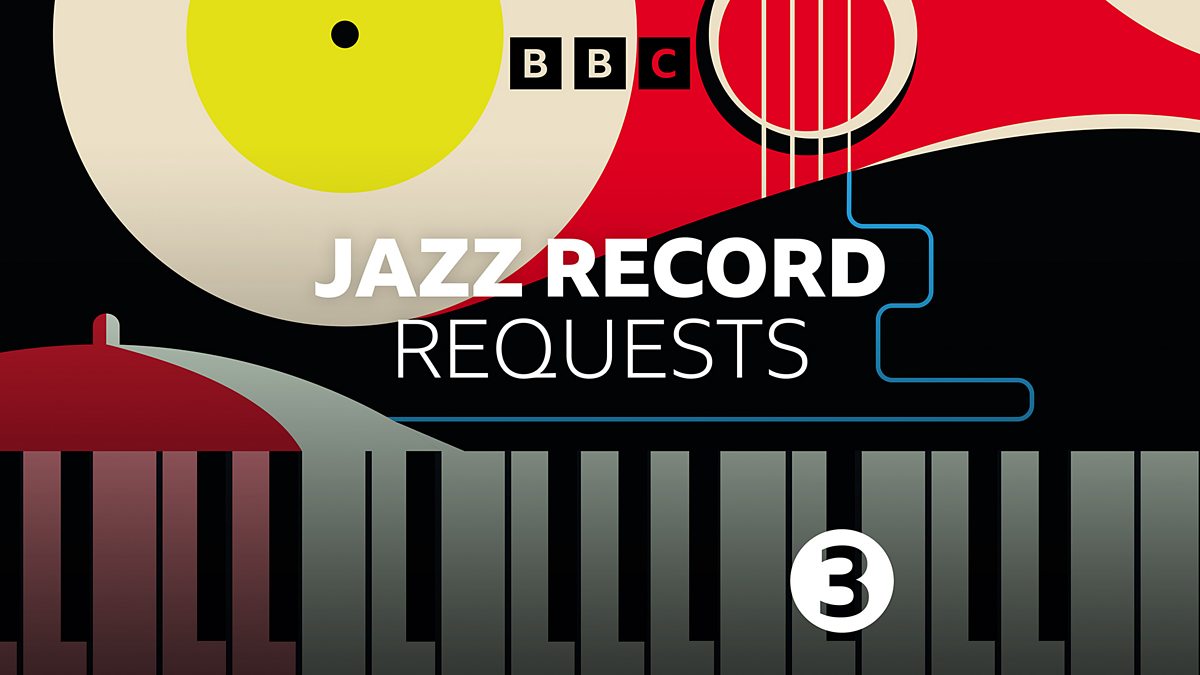Check the J to Z link below for the significance of this week's thread heading.
Sat 12 Mar
5pm - J to Z
Jumoké Fashola introduces a session from vocalist/violinist Alice Zawadzki and her quintet, recorded last year at Snape Maltings. Alyn Shipton, presenter of Radio 3's Jazz Record Requests, shares some inspiring tracks, including music by Fats Waller and Maria Schneider.
This is a repeat.
12midnight - Freeness
Kim Macaria with new jazz and improvised music. Plus guests, today with composer, pianist, organist, and band leader Alexander Hawkins sharing favourite pieces of music and discussing his latest release, Break a Vase.
Shabaka Hutchings is in Alexander Hawkins's new quartet - I rate Alex very highly among the now-no-longer-so-young generation of British free pianists.
Sun 13 Mar
4pm - Jazz Record Requests
Ah yes, and next week's Composer of the Week deals with Debussy's music during his, er, mysogynistic phase. Great music, but... great man???
Sat 12 Mar
5pm - J to Z
Jumoké Fashola introduces a session from vocalist/violinist Alice Zawadzki and her quintet, recorded last year at Snape Maltings. Alyn Shipton, presenter of Radio 3's Jazz Record Requests, shares some inspiring tracks, including music by Fats Waller and Maria Schneider.
This is a repeat.
12midnight - Freeness
Kim Macaria with new jazz and improvised music. Plus guests, today with composer, pianist, organist, and band leader Alexander Hawkins sharing favourite pieces of music and discussing his latest release, Break a Vase.
Shabaka Hutchings is in Alexander Hawkins's new quartet - I rate Alex very highly among the now-no-longer-so-young generation of British free pianists.
Sun 13 Mar
4pm - Jazz Record Requests
Ah yes, and next week's Composer of the Week deals with Debussy's music during his, er, mysogynistic phase. Great music, but... great man???






Comment